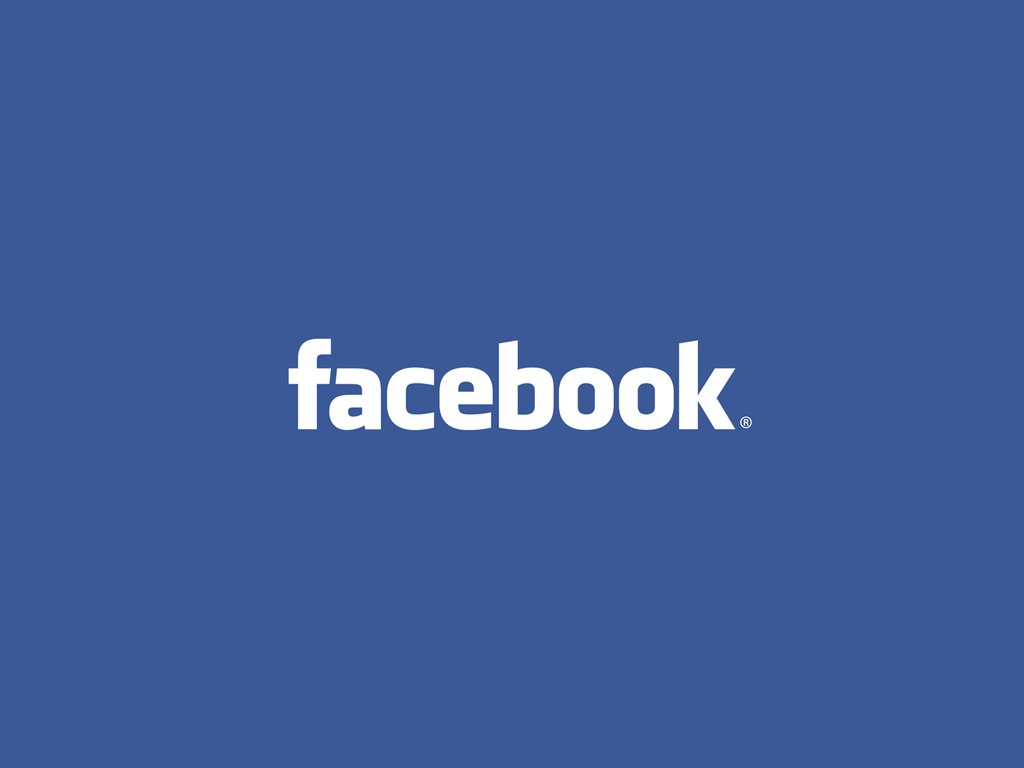Facebook vs Google: The loser is your privacy
Privacy & Security Posted on April 14, 2013

The launch of Facebook Home last week was a significant escalation in the arms race between Facebook and Google; a battle that will only result in the continuing erosion of privacy - and the expectation of privacy – online.
Since Facebook Home was announced, technology commentators have been queuing up to criticise its privacy implications. GigaOm’s editor Om Malik said the new app “erodes any idea of privacy” and “is going to be able to track your every move .” On Tuesday Facebook issued a Q&A trying in vain to dispel any fears, but the damage had already been done.
Bigger picture
What we’re seeing is a fight between the two giants of online advertising to capture as much user data as possible. Facebook knows the major battleground for this fight will be on mobile devices and Facebook also knows ‘user engagement’ is the key metric. The focus therefore has to shift from apps and towards deeper integration into the very operating system itself. So Facebook needs an operating system in order to stay ahead of Google. Building one would be a costly and risky endeavor – especially given Facebook’s already turbulent IPO. Therefore, as Asymco points out, the next best thing is to hijack someone else’s OS. Obviously Apple would never allow this and neither would Microsoft, but Android is open source and so Google can do little about it.
Android has been wildly successful for Google, in terms of a defensive strategy to stop Apple dominating the mobile market. But as many commentators have pointed out, it’s profitability is in serious question. Android’s main benefit to the search giant is its ability to push Google’s other services (which manufacturers are increasingly complaining about). By making sure Android owners use its apps, Google then can capture more data.
This is why Facebook Home is an attack on Google, as it super-imposes the Facebook experience on-top of Android, in order to make sure users stay inside Facebook as long as possible (therefore potentially spending less time with Google’s services). It won’t be surprising if we soon see Android “fork”, with different manufacturers creating different versions of Android in order to better protect their platforms. There was even rumours of Google merging Android into its Chrome OS, although these were rebutted by Google.
It’s all about data
If you spend any time at all in the online ad industry – especially the mobile ad industry – you’ll know the two biggest concerns is tracking the effectiveness of online ads, to determine return on investment, and gathering data for better targeting. Issues around tracking and targeting have been the main barriers to ad spend in the mobile market and mostly stem from privacy concerns (largely accommodated to by Apple, which generates hardly any revenue from ads). Facebook and Google are first and foremost advertising companies, and the fastest and most effective way for them to satisfy shareholders and grow their business is to generate more ad revenue.
This is basically what privacy advocates and technology writers have been pointing out for a long time. Now that Facebook is a publicly listed company, it’s competitiveness against its main rival Google is only going to increase, as they both fight to capture user engagement and data. Both companies will only increase efforts at making the erosion of privacy an inevitable consequence of the proliferation of connected devices.
Suggest an edit on GitHub.


1 Comments
Tom Forter
04.09.2013
I had to pass this along-
Join F.O.G.
(F**k Off: Google!)
When Eric Schmidt isn’t out screwing all his escorts in his Manhatten Shag-Pad he is out screwing you over by operating the biggest lie in American history: Google!
Never has so much been spent to screw over so many American’s in such an insidious manner.
All of the news has finally disclosed that Google’s business model is entirely based on intelligence gathering for marketing companies, hackers and secret programs. They use you like a sophmore uses an old sock. There is not a single thing that Google does that you can’t get for free elsewhere and without compromising your soul. Even their search engine results are rigged.
PASS THIS AROUND AND POST IT IN ALL NEWS STORY COMMENTS SECTIONS